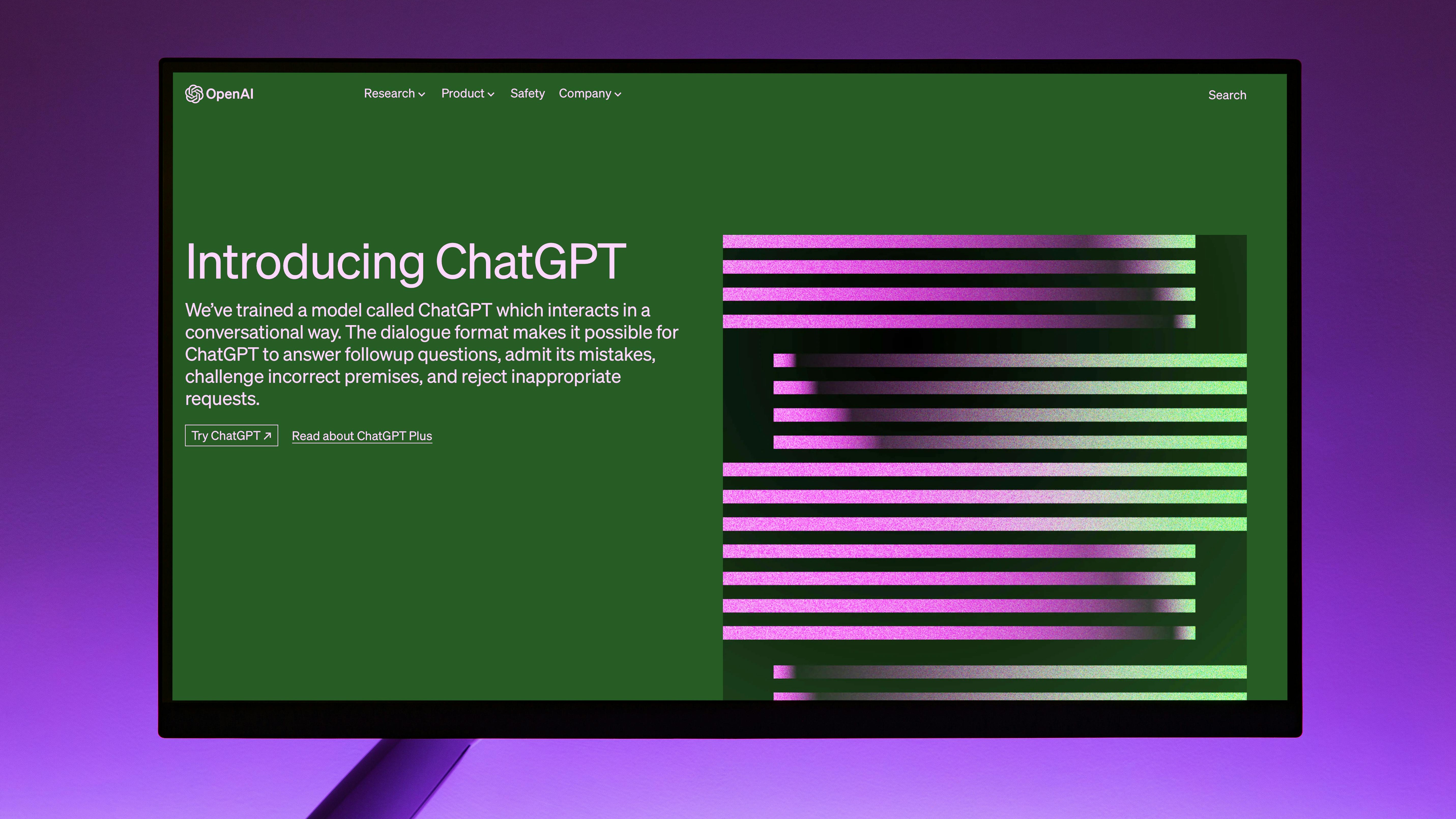
Understanding the Shift: Why Younger Employees Value Unique Benefits
As the workforce continues to evolve, so do the preferences and needs of younger employees. An increasing number of millennials and Generation Z workers are showing a keen interest in innovative perks that cater not only to their professional requirements but also to their personal lifestyles. According to a recent survey, benefits like pet insurance are gaining traction among this demographic, illustrating a shift towards more personalized and supportive workplace policies.
Pet Insurance: A Game Changer in Employee Benefits
Pet insurance stands out as a 'paw-pular' benefit among younger professionals. With many young workers prioritizing their pets as family, companies offering this perk can significantly enhance their appeal. Supporting pet ownership not only helps mitigate unexpected financial burdens from veterinary expenses but can also improve employee satisfaction and loyalty, ultimately contributing to better retention rates.
Fostering a People-First Culture
Incorporating unique benefits such as pet insurance reflects a broader shift towards a people-first leadership style. CHROs and Chief People Officers are recognizing that an engaged workforce drives productivity. By addressing the emotional and financial well-being of their employees, businesses create an environment where people feel valued and understood, which can lead to increased performance and a more unified workplace culture.
Adapting to Changing Employee Needs
The modern workforce thrives on adaptability. As operational leaders, including VPs of Talent and HR, recognize the shifting tides, they can implement flexible voluntary benefits that resonate with younger employees. This strategic approach helps insulate financially vulnerable groups from unexpected costs, ultimately fostering a more resilient and satisfied workforce.
Conclusion: Embracing Innovative Benefits
To stay competitive in the talent landscape, organizations must embrace innovative benefits that resonate with the evolving preferences of their employees. Whether through pet insurance or other tailored perks, investing in the well-being and satisfaction of younger workforce segments is critical. As these trends continue to shape the future of work, rethinking traditional benefits can unlock new avenues for employee engagement and retention.
 Add Row
Add Row  Add
Add 




Write A Comment